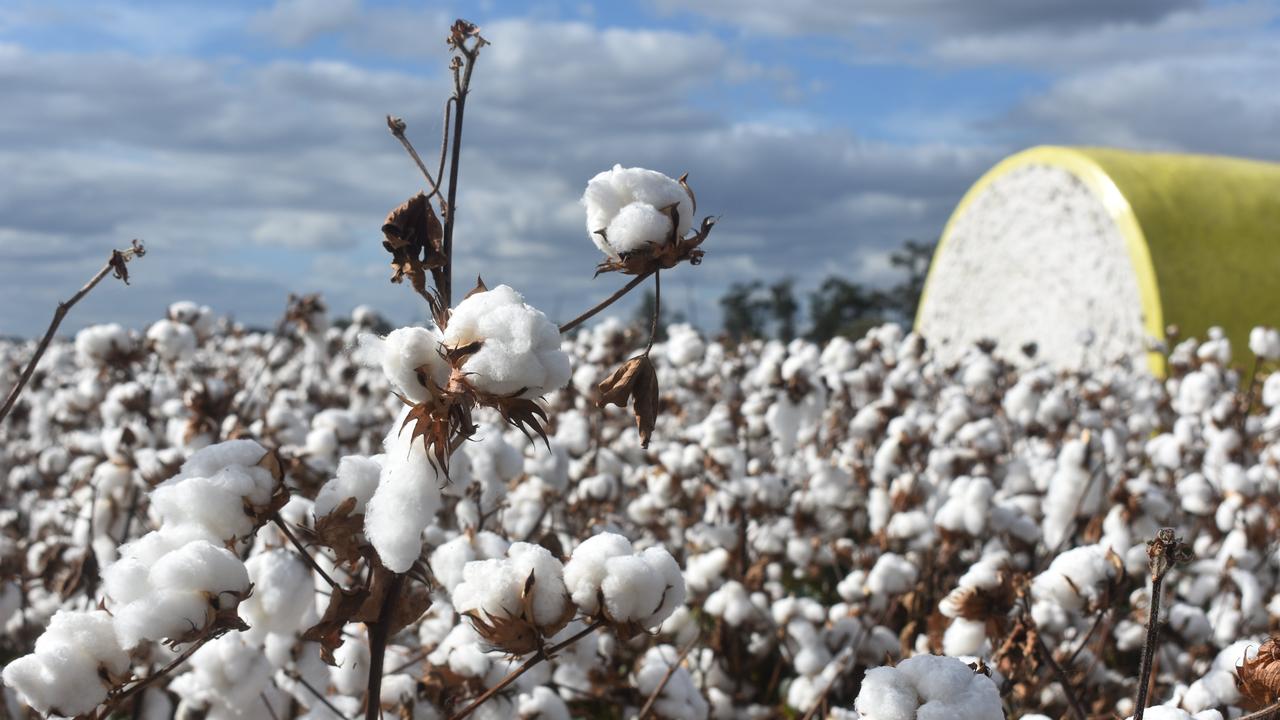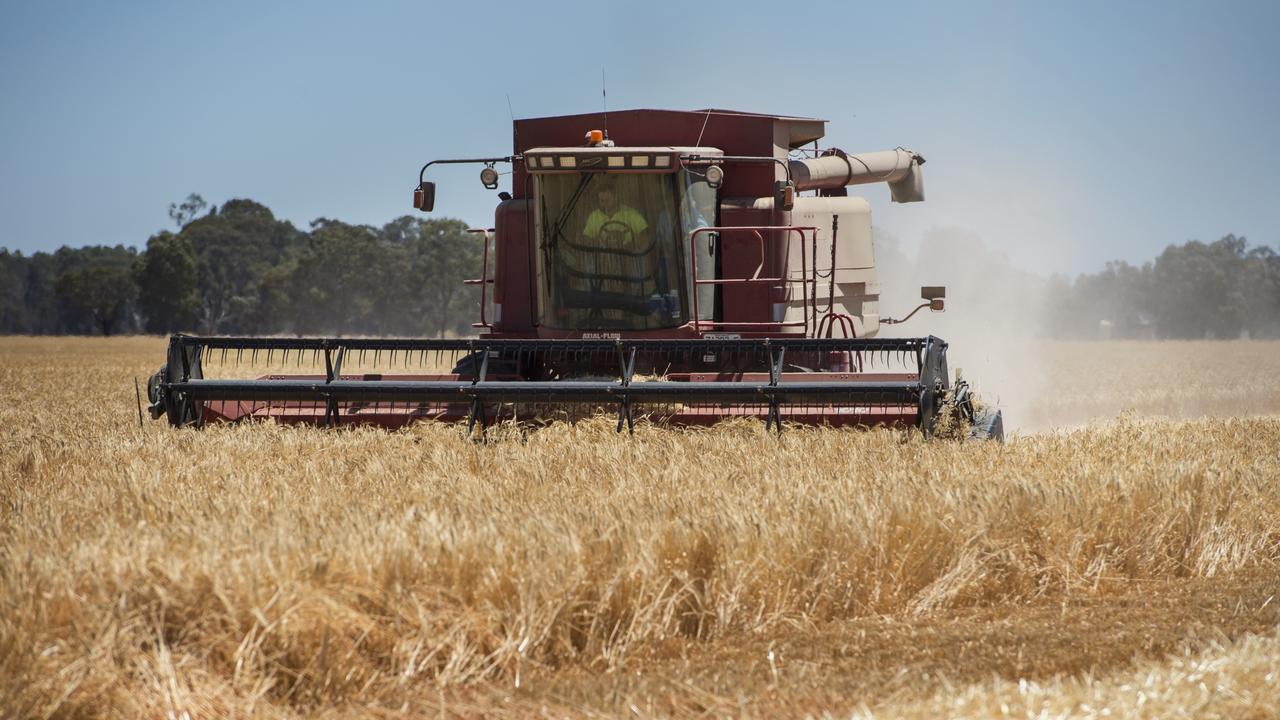Wheat competitive in other markets amid China ban rumours
After the east coast drought and world rally in prices, Australianwheat is now internationally competitive. Find out how grain prices are settling with the switch to new crop.

WHEAT markets were rocked last week with rumours that China was considering restricting wheat imports from Australia in a similar manner to the current barley restrictions.
Cash wheat prices in Victoria are back another $16 a tonne this week following the $11 fall of last week.
Over the past five years, Australian exports of wheat to China have been averaging about one million tonnes and numerous ships are booked for shipment to China during November and December.
When compared to the 18.5 million tonnes of wheat that is expected to be exported from Australia this year, the wheat to China news, while significant, is not as substantial as the loss of the Chinese barley market.
Emerald Grain has joined CBH as the second exporter to be banned from the Chinese market.
This action, combined with prohibitive 80.5 per cent tariffs, have effectively removed China as a market option for Australian barley.
Global currencies are adding downward pressure to grain prices with the Aussie dollar strengthening 2.5 US cents to 72.90 this week.
The investment market in the US has been encouraged by the Biden win in the US election, adding certainty around financial markets and improving the market’s appetite for investment and risk.
According to traders, Australian wheat is now some of the most competitive in the world and is finding buyers in markets not accessed for many years.
At a recent wheat tender in Saudi Arabia, Australian wheat was included in the list of successful origins.
Some traders speculate that wheat prices have fallen enough to find demand and may improve in coming weeks.
Hot weather is enabling the harvest of barley and canola.
Most barley that has been delivered to the central handling system has been classified as BAR1 grade rather than the higher value malting grades.
Barley has been discoloured by rain and the falls forecast for today and tomorrow may add to this risk for other unharvested barley.
The availability of new crop barley has eroded the premium for prompt delivered barley by $30 a tonne to $243 delivered to end users in Melbourne.
In a similar way, prompt delivered prices for milling oats have plummeted $150 a tonne to $275 a tonne delivered to Melbourne.
Canola prices remain firm at $609 a tonne delivered Geelong less freight to local site and new crop nugget lentils are steady at $680 a tonne delivered to grain packers in Melbourne.
MORE
WARM WEATHER TO GIVE HARVEST A BOOST
AUSTRALIAN WHEAT FUTURES TAKE HIT FROM POTENTIAL CHINA BAN
WHEAT RALLY PLATEAUS AFTER RAIN LIFTS PROSPECTS IN RUSSIA, US


